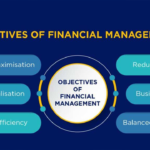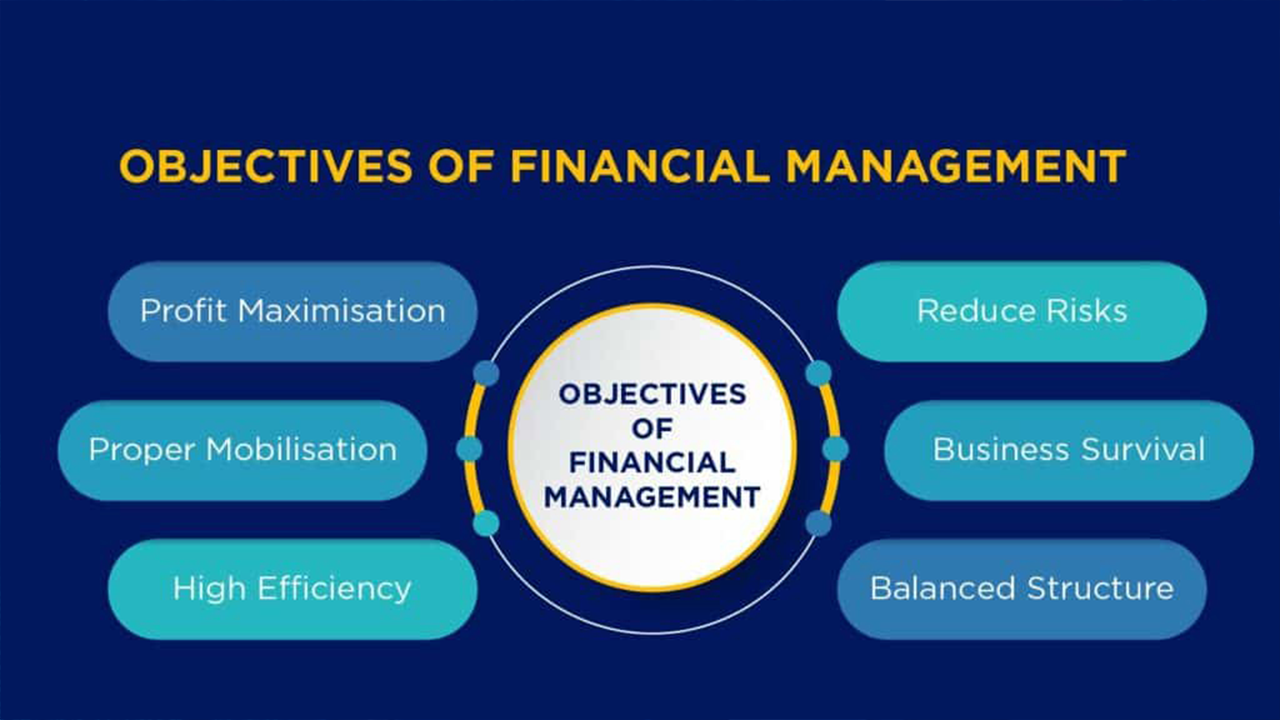Personal relationships are the cornerstone of a fulfilling and balanced life. They provide emotional support, create a sense of belonging, and contribute to our overall well-being. Whether it’s with family, friends, or a significant other, nurturing these relationships requires time, effort, and intentionality. This article delves into the importance of personal relationships and offers practical tips and strategies to strengthen and maintain them.
The Significance of Personal Relationships
Emotional Support and Mental Health
- Stress Relief: Close relationships provide a support system that helps reduce stress and anxiety. Sharing your thoughts and feelings with someone you trust can offer relief and a sense of security.
- Mental Well-Being: Positive relationships contribute to mental health by offering companionship, reducing feelings of loneliness, and increasing happiness.
Physical Health Benefits
- Improved Health Outcomes: Studies have shown that strong personal relationships are linked to better health outcomes, such as lower blood pressure, a stronger immune system, and reduced risk of chronic diseases.
- Longer Lifespan: People with strong social connections tend to live longer, as these relationships encourage healthier lifestyles and provide emotional and practical support.
Personal Growth and Fulfillment
- Self-Discovery: Relationships help us understand ourselves better through feedback, shared experiences, and mutual support.
- Sense of Purpose: Being part of a supportive network provides a sense of purpose and meaning, contributing to overall life satisfaction.
Tips and Strategies for Nurturing Personal Relationships
Effective Communication
- Active Listening: Pay full attention to the speaker, make eye contact, and refrain from interrupting. This shows respect and helps build a deeper connection.
- Open and Honest Communication: Share your thoughts and feelings openly and honestly. Transparency fosters trust and understanding in relationships.
- Non-Verbal Communication: Be mindful of your body language, facial expressions, and tone of voice. Non-verbal cues can convey empathy and support.
Show Appreciation and Gratitude
- Express Thanks: Regularly show appreciation for the people in your life. Simple gestures like saying “thank you” or giving a compliment can go a long way.
- Acts of Kindness: Perform small acts of kindness, such as helping out with chores or surprising someone with their favourite treat. These acts demonstrate care and appreciation.
Spend Quality Time Together
- Prioritize Relationships: Make time for your loved ones, even during busy periods. Prioritizing relationships shows that you value and cherish them.
- Shared Activities: Engage in activities you both enjoy, such as cooking, hiking, or watching movies. Shared experiences strengthen bonds and create lasting memories.
Support Each Other’s Growth
- Encourage Ambitions: Support your loved one’s personal and professional goals. Encouragement and belief in their potential can boost their confidence and motivation.
- Provide Emotional Support: Be there for them during challenging times. Offering a listening ear and empathy can provide much-needed comfort and reassurance.
Resolve Conflicts Healthily
- Stay Calm and Respectful: Approach conflicts with a calm demeanour and respect for the other person’s perspective. Avoid blame and focus on finding a mutually agreeable solution.
- Focus on Resolution: Aim to resolve issues rather than “winning” the argument. Compromise and understanding are key to maintaining a healthy relationship.
- Seek Help if Needed: Don’t hesitate to seek help from a counsellor or mediator if conflicts become difficult to manage on your own.
Maintain a Positive Outlook
- Celebrate Successes: Celebrate each other’s achievements, big or small. Positive reinforcement strengthens the bond and fosters a supportive environment.
- Stay Optimistic: Maintain a positive outlook on your relationship and focus on the good aspects. This positivity can help navigate through tough times.
Respect Boundaries and Individuality
- Understand Limits: Recognize and respect each other’s boundaries. Everyone has different comfort levels and needs for personal space.
- Honour Individuality: Appreciate and celebrate each other’s uniqueness. Respecting differences strengthens relationships and fosters mutual respect.
Keep Commitments and Build Trust
- Be Reliable: Keep your promises and commitments. Reliability builds trust and shows that you value and respect the relationship.
- Be Transparent: Honesty and transparency are fundamental to building and maintaining trust. Communicate openly about your intentions and actions.
Foster Mutual Respect and Equality
- Treat Each Other as Equals: Ensure that both parties have an equal say in the relationship. Mutual respect fosters a healthy and balanced relationship.
- Value Each Other’s Opinions: Listen to and consider each other’s opinions, even if they differ from your own. This respect for different perspectives strengthens the relationship.

In the fast-paced world we live in, it’s easy to overlook the importance of personal relationships. Yet, these connections are fundamental to our well-being and overall happiness. Nurturing personal relationships requires effort and dedication, but the rewards are immense. This article delves into why personal relationships are vital and provides practical tips and strategies for strengthening these bonds.
The Importance of Personal Relationships
- Emotional Support Personal relationships provide a crucial support system. When faced with life’s challenges, having someone to confide in can alleviate stress and anxiety. This emotional support can come from family, friends, or a partner, offering comfort and a sense of security.
- Mental Health Benefits Strong personal relationships are linked to better mental health. Social interactions can reduce feelings of depression and loneliness, contributing to a more positive outlook on life. Engaging in meaningful conversations and activities with loved ones can significantly enhance mental well-being.
- Physical Health Advantages Believe it or not, nurturing personal relationships can positively impact physical health. Studies have shown that people with strong social connections have lower risks of chronic illnesses, such as heart disease. The support from loved ones can encourage healthier lifestyles, including better diet and regular exercise.
- Personal Growth and Self-Esteem Relationships help individuals grow by providing different perspectives and experiences. Constructive feedback from loved ones can lead to self-improvement. Additionally, being valued in a relationship boosts self-esteem and confidence, reinforcing a positive self-image.
- Increased Happiness and Life Satisfaction Happiness is often tied to the quality of our relationships. Sharing joys and sorrows with others enriches life experiences. The sense of belonging and being part of a supportive community contributes significantly to overall life satisfaction.

Tips for Nurturing Personal Relationships
- Effective Communication Open and honest communication is the cornerstone of any strong relationship. Regularly share your thoughts and feelings, and encourage others to do the same. Listening actively without interrupting shows respect and understanding. Remember, communication is a two-way street; it involves both speaking and listening.
- Quality Time Together Spending quality time together strengthens bonds. Whether it’s a family dinner, a weekend getaway with friends, or a date night with your partner, these moments create lasting memories. Prioritize these interactions despite busy schedules. Sometimes, it’s the simple activities like a walk in the park or a movie night that foster deeper connections.
- Show Appreciation and Gratitude Expressing appreciation and gratitude can significantly enhance relationships. Small gestures, such as a thank-you note or a heartfelt compliment, go a long way. Recognize and acknowledge the efforts and positive qualities of others. This not only makes them feel valued but also encourages a positive dynamic.
- Be Supportive and Reliable Being there for your loved ones during both good and bad times is crucial. Offer support and encouragement when they face challenges. Show reliability by keeping promises and being consistent in your actions. This builds trust, a fundamental element in any relationship.
Building Your Personal Brand – Tips from Successful Professionals
- Resolve Conflicts Amicably Conflicts are inevitable in any relationship. However, how you handle them makes all the difference. Approach conflicts with a calm and open mind. Focus on resolving the issue rather than winning the argument. Compromise and understanding are key to maintaining harmony.
- Respect Boundaries Respecting personal boundaries is vital for a healthy relationship. Understand and acknowledge the limits set by others regarding personal space, time, and privacy. Respecting these boundaries shows that you value and respect their individuality.
- Celebrate Achievements and Milestones Celebrating achievements and milestones together strengthens bonds. Whether it’s a birthday, anniversary, or a job promotion, acknowledging and celebrating these moments shows that you share in their joy. These celebrations create positive memories and reinforce your support and happiness for their successes.
- Practice Empathy and Understanding Empathy is the ability to understand and share the feelings of another. Practicing empathy in your relationships involves putting yourself in the other person’s shoes and responding with compassion. This fosters a deeper emotional connection and helps in understanding their perspective better.
- Maintain a Positive Attitude A positive attitude can be infectious. Approach your relationships with optimism and enthusiasm. Encourage and uplift your loved ones, and be a source of positivity. This creates a supportive and happy environment where relationships can thrive.
- Adapt and Grow Together Relationships are dynamic and require flexibility. Be willing to adapt and grow together as circumstances change. Life events such as moving to a new city, changing jobs, or starting a family can impact relationships. Embrace these changes together and support each other through transitions.
Strategies for Maintaining Long-Distance Relationships
- Regular Communication In long-distance relationships, regular communication is essential. Utilize various communication tools such as video calls, texting, and social media to stay connected. Schedule regular catch-ups to share your daily lives and maintain a sense of closeness.
- Plan Visits Whenever possible, plan visits to spend time together in person. These visits help to strengthen your bond and create cherished memories. Having something to look forward to can also make the distance feel more manageable.
- Stay Involved in Each Other’s Lives Despite the distance, try to stay involved in each other’s lives. Share experiences, photos, and updates about your daily activities. This helps in maintaining a connection and understanding each other’s routines and interests.
- Set Goals and Make Plans Setting goals and making future plans can give your long-distance relationship a sense of direction and purpose. Whether it’s planning a vacation together or discussing future living arrangements, having shared goals can strengthen your commitment.
- Trust and Honesty Trust and honesty are crucial in long-distance relationships. Be transparent about your feelings and any concerns you may have. Building and maintaining trust ensures a strong foundation for your relationship.
Nurturing personal relationships is essential for emotional support, personal growth, and overall well-being. By focusing on effective communication, showing appreciation, spending quality time together, supporting each other’s growth, resolving conflicts healthily, maintaining a positive outlook, respecting boundaries, keeping commitments, and fostering mutual respect, you can strengthen your relationships and enjoy the many benefits they bring. Invest in your relationships today and build a supportive network that enhances your life and the lives of those around you.










